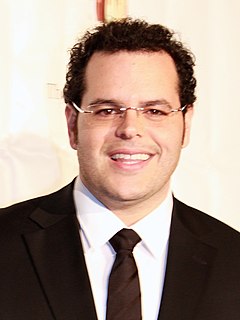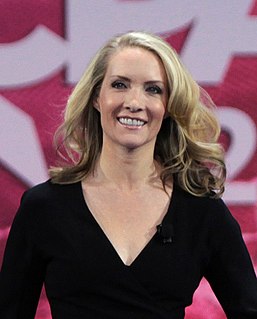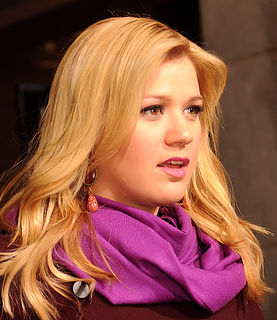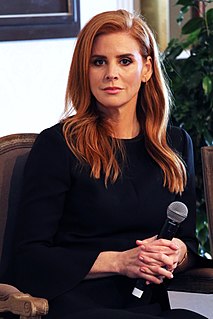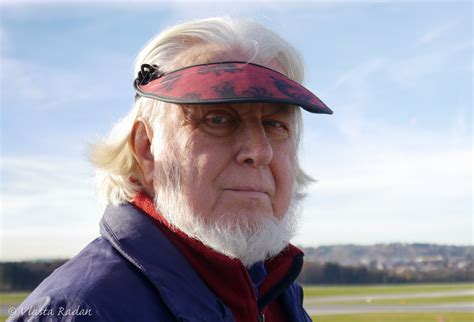A Quote by Hasan Minhaj
In high school, I didn't know what comedy was, but I was involved in speech and debate and public speaking.
Related Quotes
Extemporaneous speaking should be practised [sic] and cultivated. It is the lawyer's avenue to the public. However able and faithful he may be in other respects, people are slow to bring him business if he cannot make a speech. And yet there is not a more fatal error to young lawyers than relying too much on speech-making. If any one, upon his rare powers of speaking, shall claim an exemption from the drudgery of the law, his case is a failure in advance.
I used to do stand-up when I was in high school. But I was also making beats for this rap group, and when we got a record deal, I sort of stopped doing the comedy and focused on the music instead. When that ended, I decided to go back to school, take broadcasting, and start my show on public-access TV.
We [Americans] know Martin Luther King Jr. as a statue. We know him as a holiday. We know him as a speech. We don't know him as a man. Most people don't even know the whole speech, just "I have a dream." They don't know what his speaking voice was like, how he looked at his wife, or that he had four kids.


